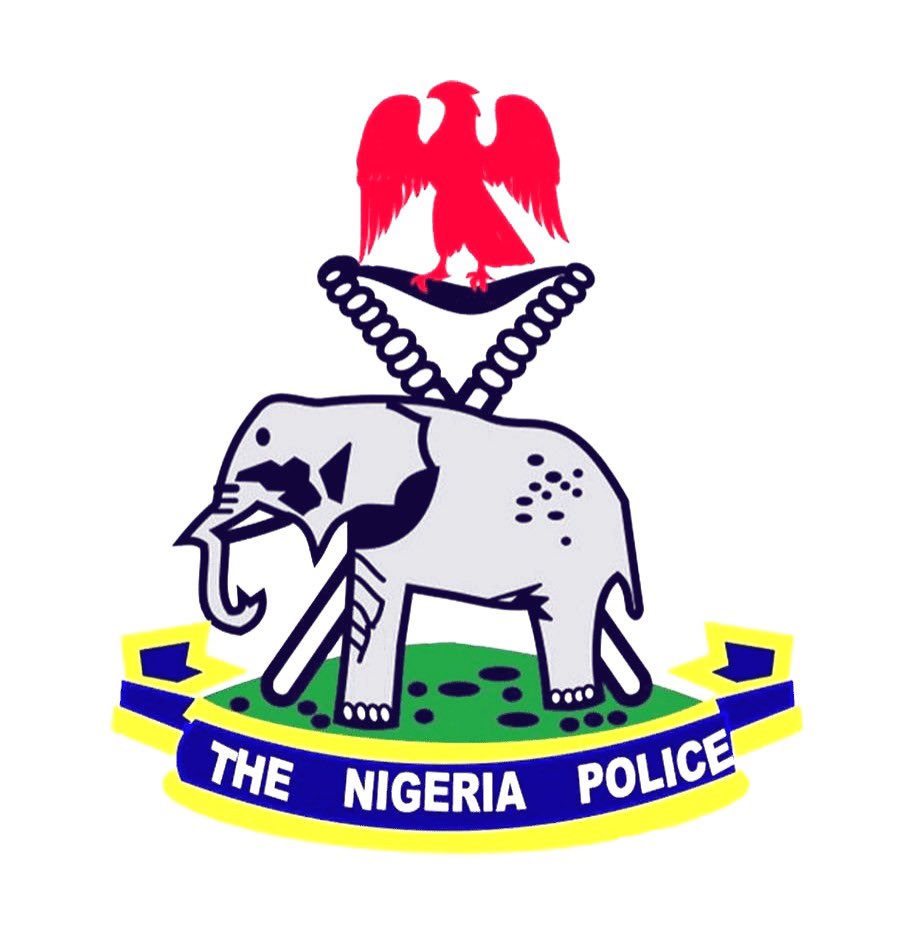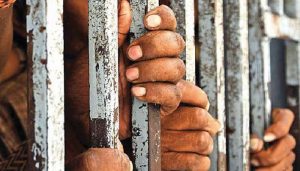2 July 2025 — Abuja, Nigeria The right to free speech and press freedom in Nigeria is facing renewed threats, following a controversial move by the Nigeria Police Force. The Force Criminal Investigation Department (FCID) Annexe in Enugu recently invited The PUNCH reporter Raphael Ede via WhatsApp over an unpublished investigative story involving officials of the Enugu State Government.
The police allege Ede is linked to a case of conspiracy, cyberbullying, cyberstalking, and conduct likely to cause a breach of peace. However, media advocates say his only “offence” was pursuing legitimate journalism.
Outraged by the development, two human rights organisations — the Civil Rights Realisation and Advancement Network and the Rule of Law and Accountability Advocacy Centre — have petitioned police authorities in Abuja, demanding an investigation into what they describe as an attempt to intimidate the press.
This incident adds to a growing list of cases where journalists have been harassed over unpublished or investigative reports. In 2024, Premium Times reporter Emmanuel Agbo was similarly invited by police in Abuja over a land dispute story that had not yet been published.
According to the International Press Centre, Nigeria recorded over 150 press freedom violations between 2016 and 2020. In 2024 alone, the Centre for Journalism Innovation and Development documented 110 verified attacks on journalists, many of them linked to enforcement of the Cybersecurity Act.
Recent victims of press intimidation include:
- Madu Onuorah, Editor-in-Chief of Globalupfront Newspapers
- Segun Olatunji, former Editor of FirstNews Online
- Daniel Ojukwu, journalist with the Foundation for Investigative Journalism
The Nigerian Guild of Editors has condemned the misuse of the Cybersecurity Act, stating it was designed to combat cybercrime, not to persecute journalists performing their duties in a democracy.
Legal experts and civil society groups are now calling on the National Assembly to review the Cybersecurity Act, criminal defamation laws, and the Criminal Code Act to ensure they align with democratic values and human rights.
Sections 22 and 39(1) of the 1999 Constitution guarantee the press’s role in holding government accountable and protecting freedom of expression. International frameworks like Article 19 of the UN Universal Declaration of Human Rights also uphold these rights.
As calls for reform grow louder, advocates insist that journalism is not a crime, and any attempt to silence the media will be resisted by Nigerians committed to democracy.
You can read the full editorial on Global Upfront Newspapers. Let me know if you’d like this adapted for radio or translated into Pidgin.






